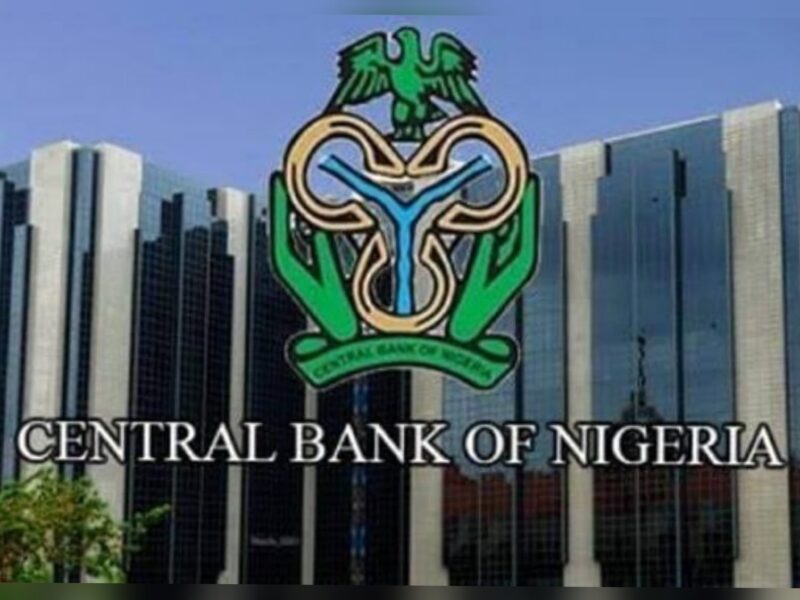Speaking to newsmen, the National Publicity Secretary of the Association of Local Governments of Nigeria (ALGON), Hamisu Anani, confirmed the steps being taken by LGAs to open CBN accounts. He noted that while progress was being made, logistical challenges persist, particularly in states without physical CBN offices.
Abuja, Nigeria – Local governments across Nigeria have begun opening accounts with the Central Bank of Nigeria (CBN) in preparation for receiving direct federal allocations, effective January 2025. This move comes in the wake of the Supreme Court’s landmark judgment on July 11, 2024, which affirmed the financial autonomy of the country’s 774 local government areas (LGAs).
The apex court declared the practice of state governors controlling local government funds unconstitutional and ordered that allocations be paid directly into LG accounts. However, despite the judgment, state governors reportedly continued to manage LGA funds for six months after the ruling, raising concerns over compliance.
Previously, LGAs operated joint accounts with state governments, which allowed governors to oversee and often deduct from federal allocations. This system has faced criticism for fostering mismanagement and denying local governments financial independence.
Speaking to newsmen, the National Publicity Secretary of the Association of Local Governments of Nigeria (ALGON), Hamisu Anani, confirmed the steps being taken by LGAs to open CBN accounts. He noted that while progress was being made, logistical challenges persist, particularly in states without physical CBN offices.
“The committee that met yesterday with the governors, the Attorney General, finance commissioners, and the state accountants general has assessed the situation carefully to fast-track implementation,” Anani said. “Some states do not have central banks, and ALGON is exploring solutions to ensure LGAs in such states can open CBN accounts.”
When asked if the process of opening the accounts had started, Anani confirmed, “Yes, we are working on the process to ensure that the funds can come directly to the LG accounts.”
He explained that ALGON has been engaging with key stakeholders, including governors, commissioners for finance, and the Attorney General of the Federation, to address implementation challenges and ensure sustainability. Anani emphasized that while the initial focus is on implementing the Supreme Court judgment, ensuring its long-term success is equally important.
“Sustainability is very key for us. If the implementation is not sustained, there will be problems. That’s why we have involved all relevant stakeholders and are working day and night to ensure the process is thorough and effective,” he added.
The Supreme Court’s judgment represents a significant step toward enhancing the financial independence of local governments in Nigeria, but ALGON has acknowledged that gaps in the ruling need to be addressed to ensure smooth and sustainable implementation.
As the January deadline approaches, ALGON and other stakeholders are intensifying efforts to resolve lingering challenges and pave the way for LGAs to directly access their federal allocations.










Join our Channel...